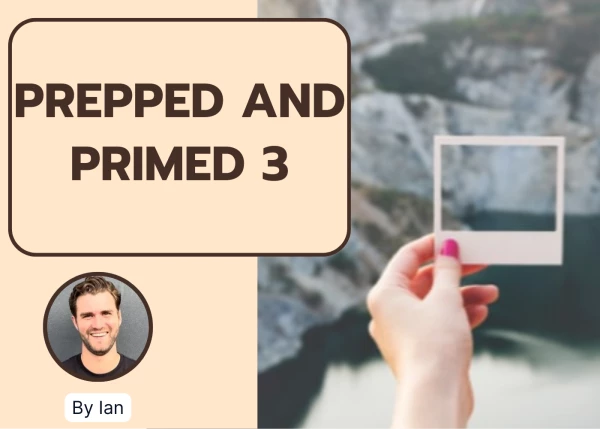How do you be hypothesis driven for McK cases? For eg in structuring if I say i think we should look at the financials bucket first and the next step is to look at revenue and cost data..would this be considered hypothesis driven?
How would i do this for brainstorming? Do you just pick an idea you think is important for the client to focus on?
What about maths/charts? Aren't these about the so-what for the client? So what's the hypothesis here? Any examples to share of what being hypothesis driven would look like?
















